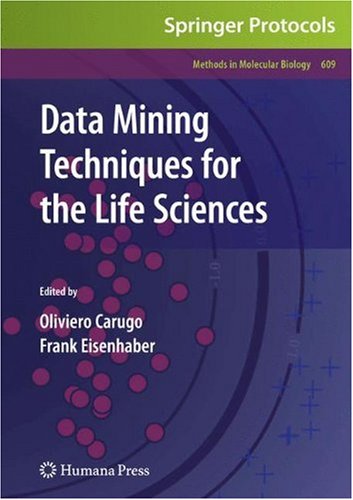

Most ebook files are in PDF format, so you can easily read them using various software such as Foxit Reader or directly on the Google Chrome browser.
Some ebook files are released by publishers in other formats such as .awz, .mobi, .epub, .fb2, etc. You may need to install specific software to read these formats on mobile/PC, such as Calibre.
Please read the tutorial at this link: https://ebookbell.com/faq
We offer FREE conversion to the popular formats you request; however, this may take some time. Therefore, right after payment, please email us, and we will try to provide the service as quickly as possible.
For some exceptional file formats or broken links (if any), please refrain from opening any disputes. Instead, email us first, and we will try to assist within a maximum of 6 hours.
EbookBell Team

0.0
0 reviewsWhereas getting exact data about living systems and sophisticated experimental procedures have primarily absorbed the minds of researchers previously, the development of high-throughput technologies has caused the weight to increasingly shift to the problem of interpreting accumulated data in terms of biological function and biomolecular mechanisms. In Data Mining Techniques for the Life Sciences, experts in the field contribute valuable information about the sources of information and the techniques used for "mining" new insights out of databases. Beginning with a section covering the concepts and structures of important groups of databases for biomolecular mechanism research, the book then continues with sections on formal methods for analyzing biomolecular data and reviews of concepts for analyzing biomolecular sequence data in context with other experimental results that can be mapped onto genomes. As a volume of the highly successful Methods in Molecular Biology™ series, this work provides the kind of detailed description and implementation advice that is crucial for getting optimal results.
Authoritative and easy to reference, Data Mining Techniques for the Life Sciences seeks to aid students and researchers in the life sciences who wish to get a condensed introduction into the vital world of biological databases and their many applications.